Embarrassment
I’d never learnt to cycle as a child. I displayed most of the symptoms of dyspraxia whilst growing up, and so things like riding a bike and tying my ties and shoelaces I had difficulty with. I assumed that cycling was not for me. My cycling adventure started mid to late 2012 after I’d decided that I could not put it off any longer. Whenever somebody I knew learnt that I couldn’t cycle, I would always get a shocked reaction followed by laughter, because it is something they began as a child without even thinking about. As an adult there were many embarrassing moments when I had to admit I couldn’t ride a bike and miss out on cycling trips.
Inspiration
After the London Olympics, having watched the British cycling team practically demolish the competition (7 out of ten possible gold medals went to the British team on the track), I decided that enough was enough. If they could do those incredible feats surely, I could learn to stay on a bike without falling off? Somebody I knew had previously tried to teach me with no success. This time I decided to get professional help. I googled “learning to ride a bike Birmingham” and found Cycle Solihull. I got in touch with an instructor named Stephen and booked a block of five lessons over a week in Solihull centre.
Professional lessons
I arrived for the first lesson feeling rather apprehensive, thinking that this was probably not a good idea. The track I was learning on had a school nearby so lots of school kids were watching me at various points which did not help. Stephen assured me that I would be able to learn within the five lessons comfortably, but I did not believe him. After a lecture of the physics and the structural engineering behind how a bicycle works, I practised going downhill. By the end of the first lesson I could balance a lot better than when I started. In the second lesson I had the eureka moment, where I was pushed to start, and I kept balancing. My brain had adjusted so I could balance on the bicycle. By the end of the week I could ride confidently, I still could not control where I was going properly, however this I could work on later with lots of practice.
A new perspective
The point is that I learnt to do something I thought I would never be able to do. It felt really liberating. As strange as it sounds I took the belief from this new found ability “if I can ride a bike I can do anything”. This is statistically not true, I still cannot jump to the moon unaided and I still lack the ability to stop a worryingly large number of people being afraid of British spiders (they are our allies in the war on flies!). However, I have tried to take this attitude into the rest of my life, to help give me confidence in the challenges I face, and confidence in my abilities.
After a lot more practice, which involved a lot of crashing into stationary objects and falling off for no apparent reason, I started to gain more confidence. I decided that cycling was a good way to get across the city of Birmingham, even before I was ready to! Buying my first bike was a very proud experience, something I never thought I’d own. After sticking to the paths for a small amount of time I ventured onto the pot holed roads. It became obvious very quickly that the roads are an adventurous (dangerous) place to be for a cyclist.
Cycling Adventures along with cycle campaigning
I’ve had mixed fortunes cycling. On the positive side. Cycling has become an important part of my life. From a practical point of view I often cycle to places that are local to me. When I visit new places I try to cycle to see what it is like to cycle in other places. I feel a sense of freedom cycling that I do not get when I drive. When I drive, I often feel trapped, in a congested city, breathing in dangerous levels of air pollution. Being on a bicycle makes a person more maneuverable than a person in a car. On the negative side I have broken eight bones cycling in a collision with a tractor, including shattering my spine. I’d not recommend it to anybody. Birmingham is still a car centric city. Cycling elsewhere is much easier, and practical. My favourite place to cycle is unsurprisingly Copenhagen. When I was cycling there on there segregated cycle path, I did not encounter one car. Even their trains had cycle parking. I have campaigned to improve cycling for the people of Birmingham. Birmingham is still a car dominated city, but there have been some successes like the A34 and A38 segregated cycle paths. There is a lot more work needed to help make Birmingham a more cycle friendly city, Birmingham City Council now has a policy to encourage active travel over infrastructure for cars. Covid 19 has given us a chance to reshape how we design our transport infrastructure in a more dramatic way than we had imagined.
If you do not know how to ride a bike, there are organisations that can help you learn. It does not take ability or a good sense of balance to learn to cycle. It takes persistence as your body will eventually learn to balance. Cycle South Brum and The Active Wellbeing Society offer classes to help adults and children learn to cycle.
The original version of this article appeared on the Birmingham Friends of the Earth Website.

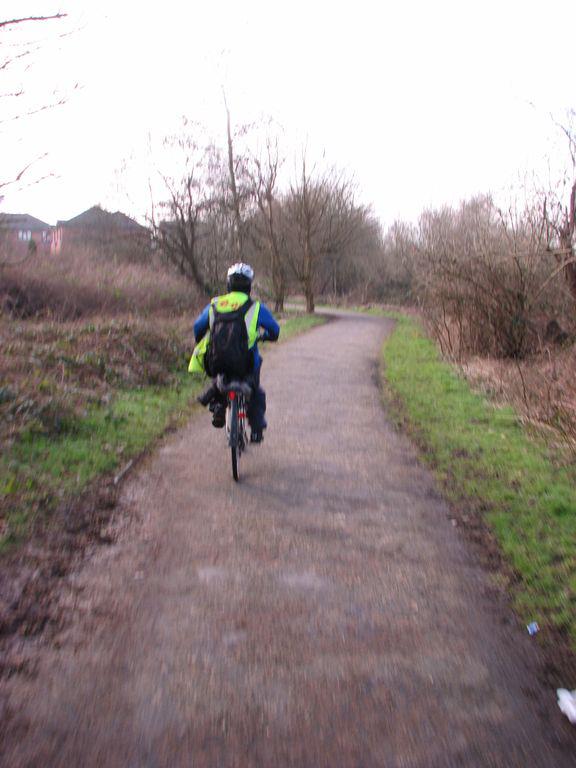
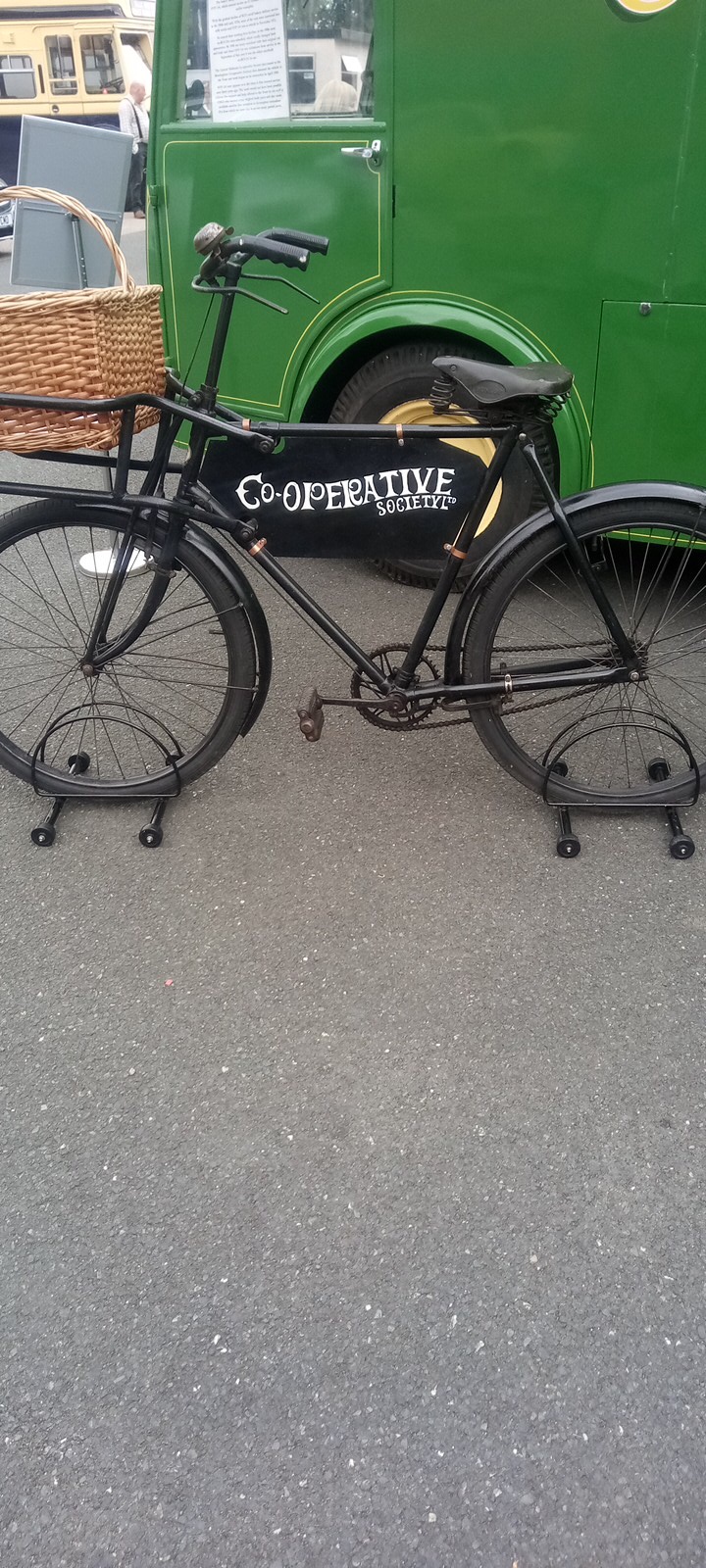
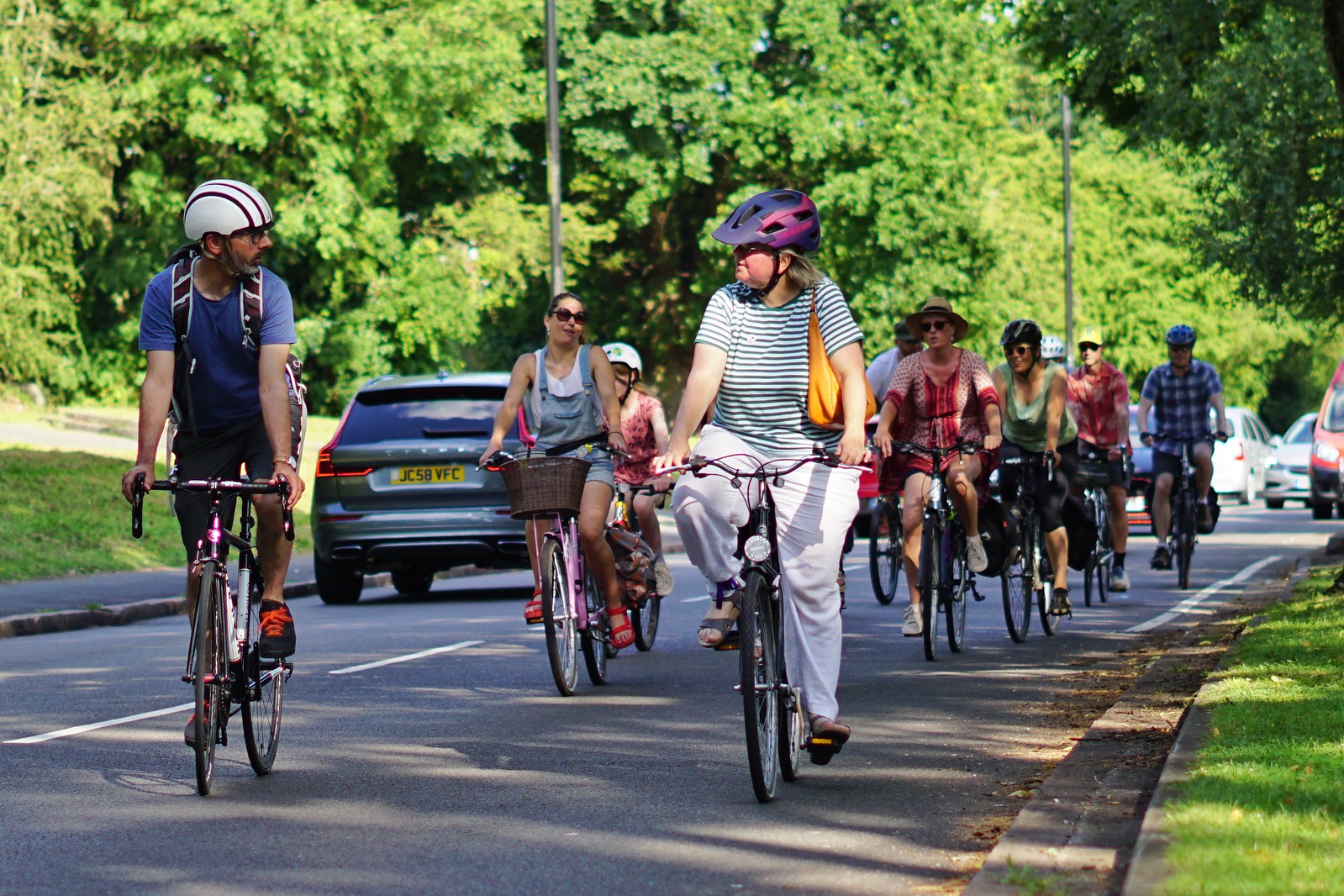
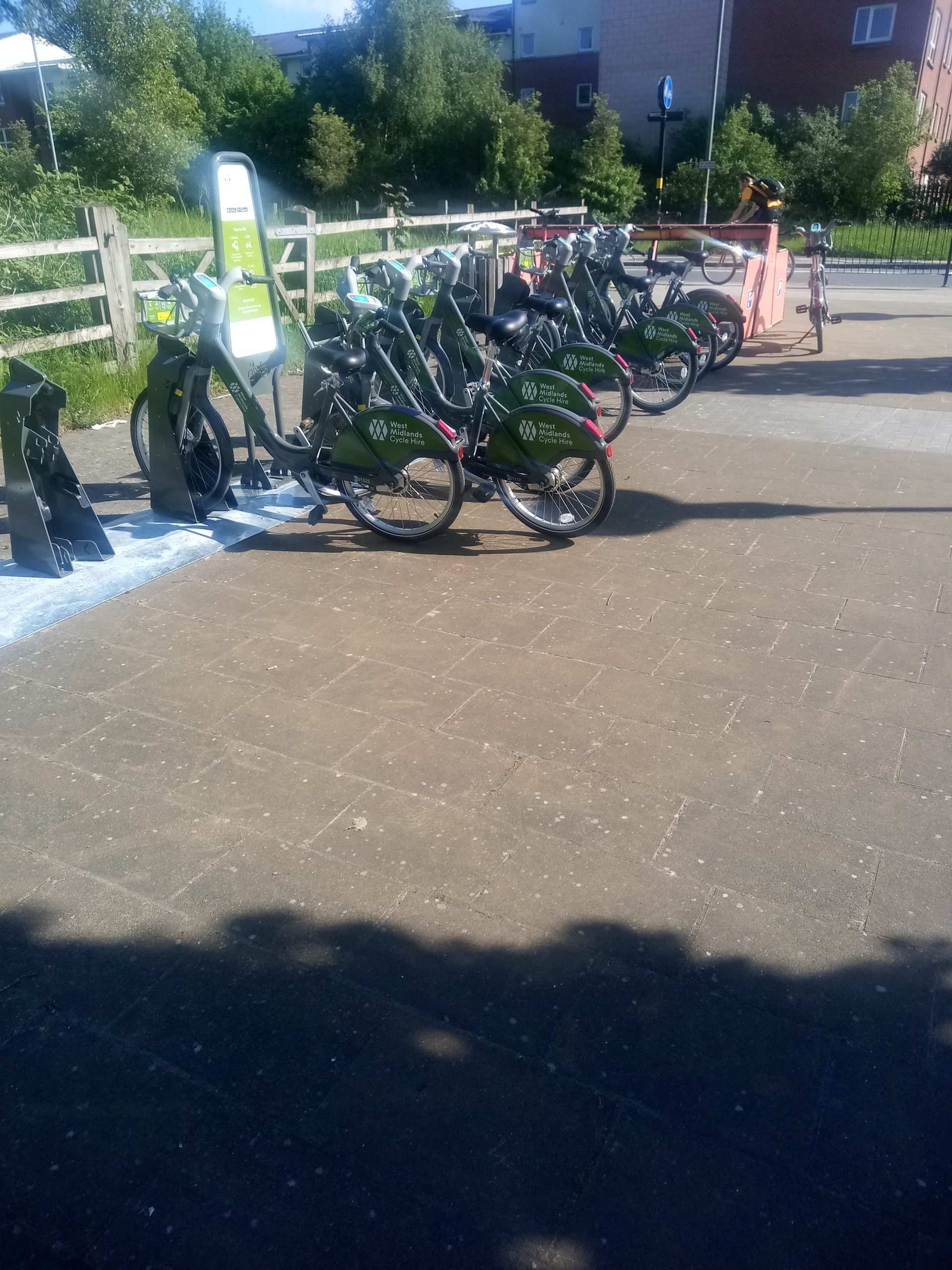
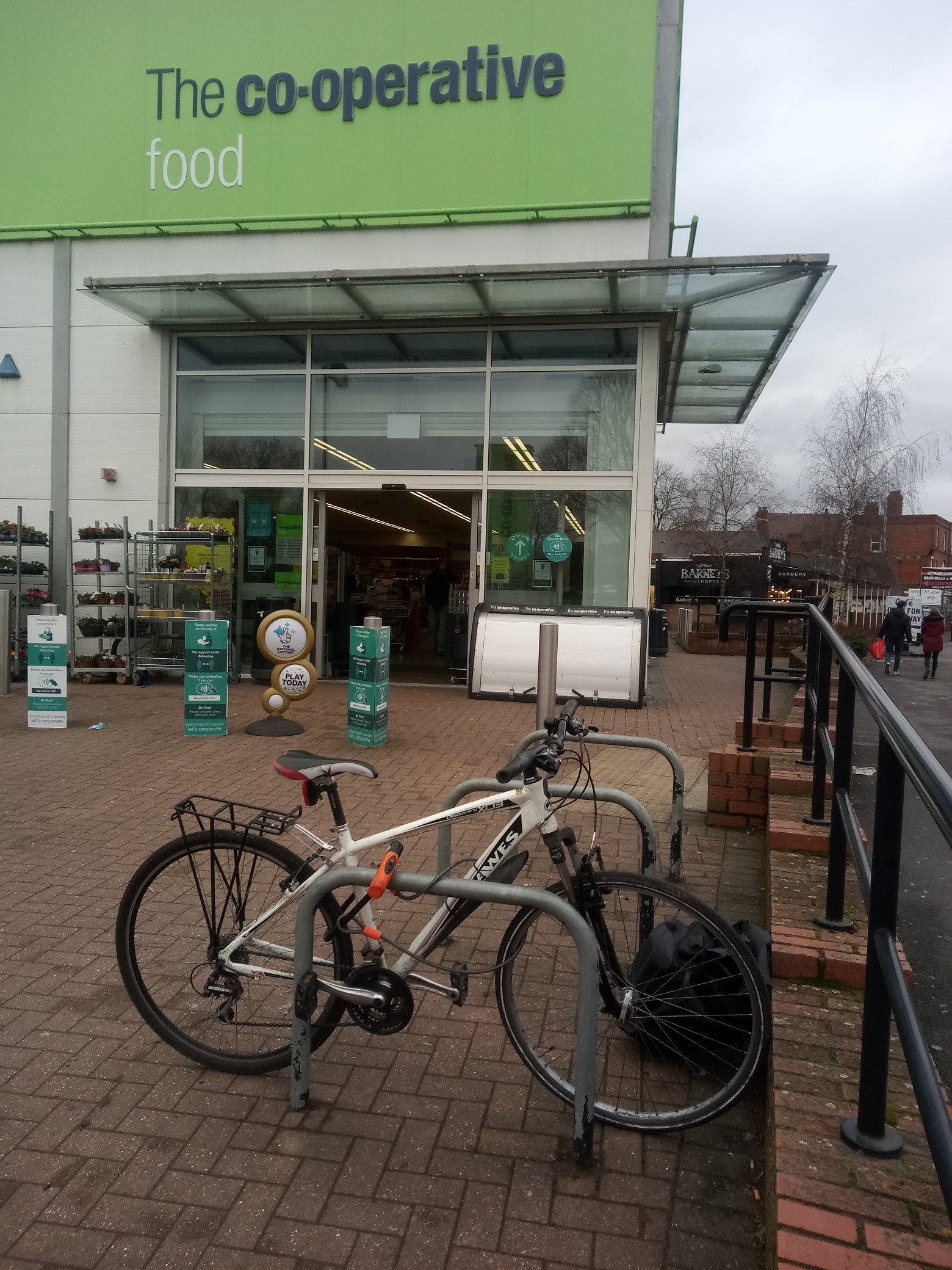
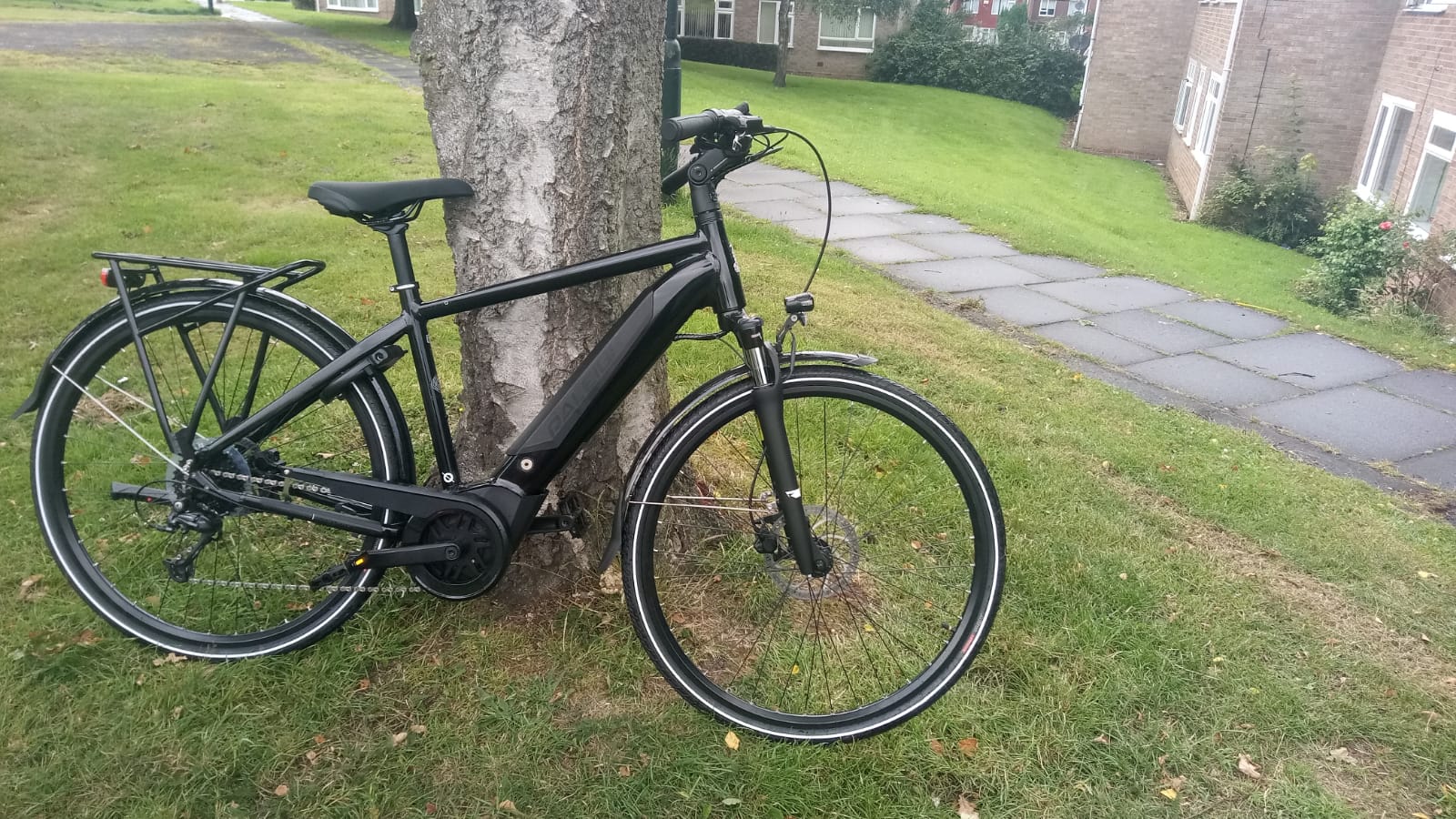
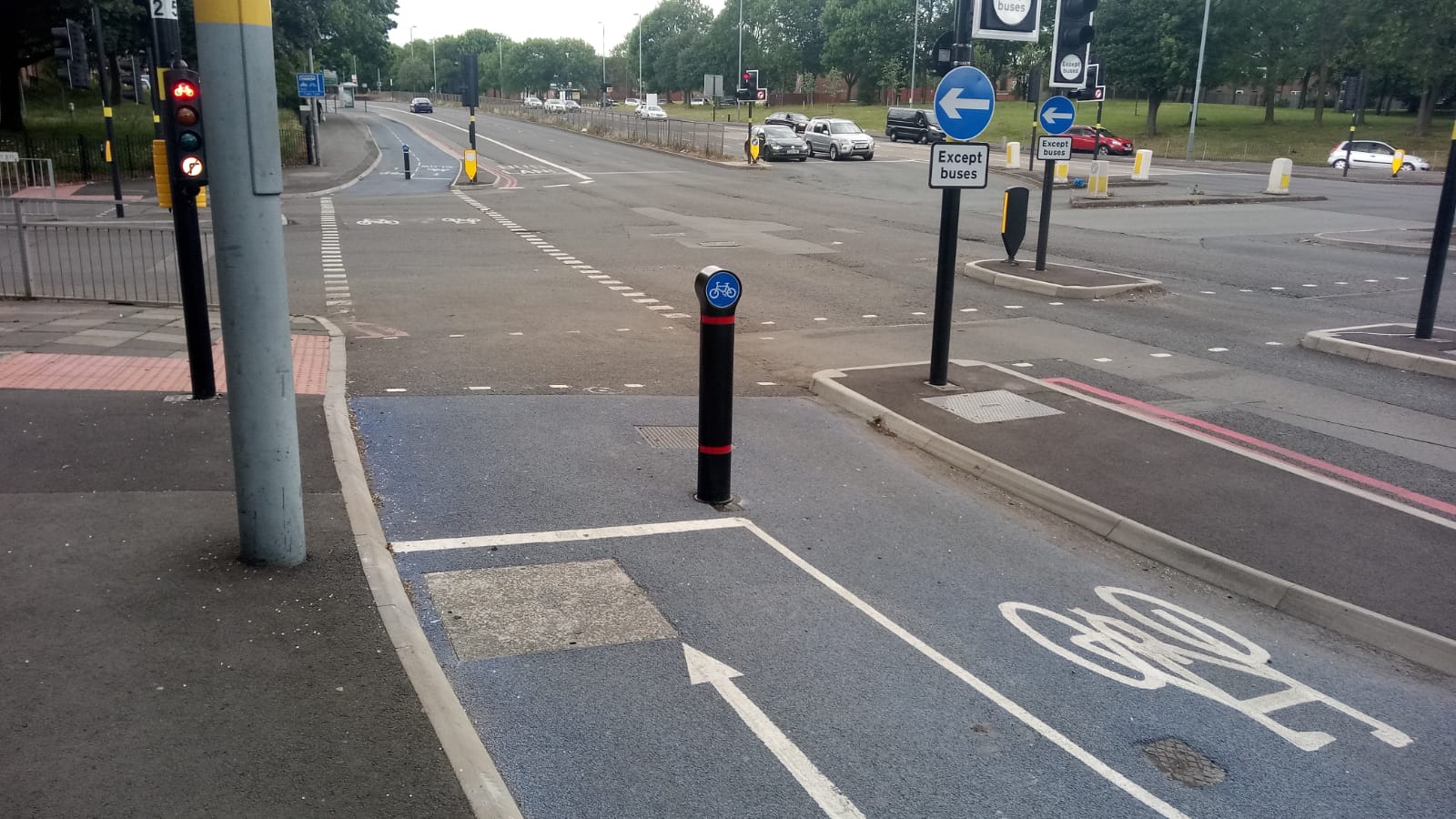
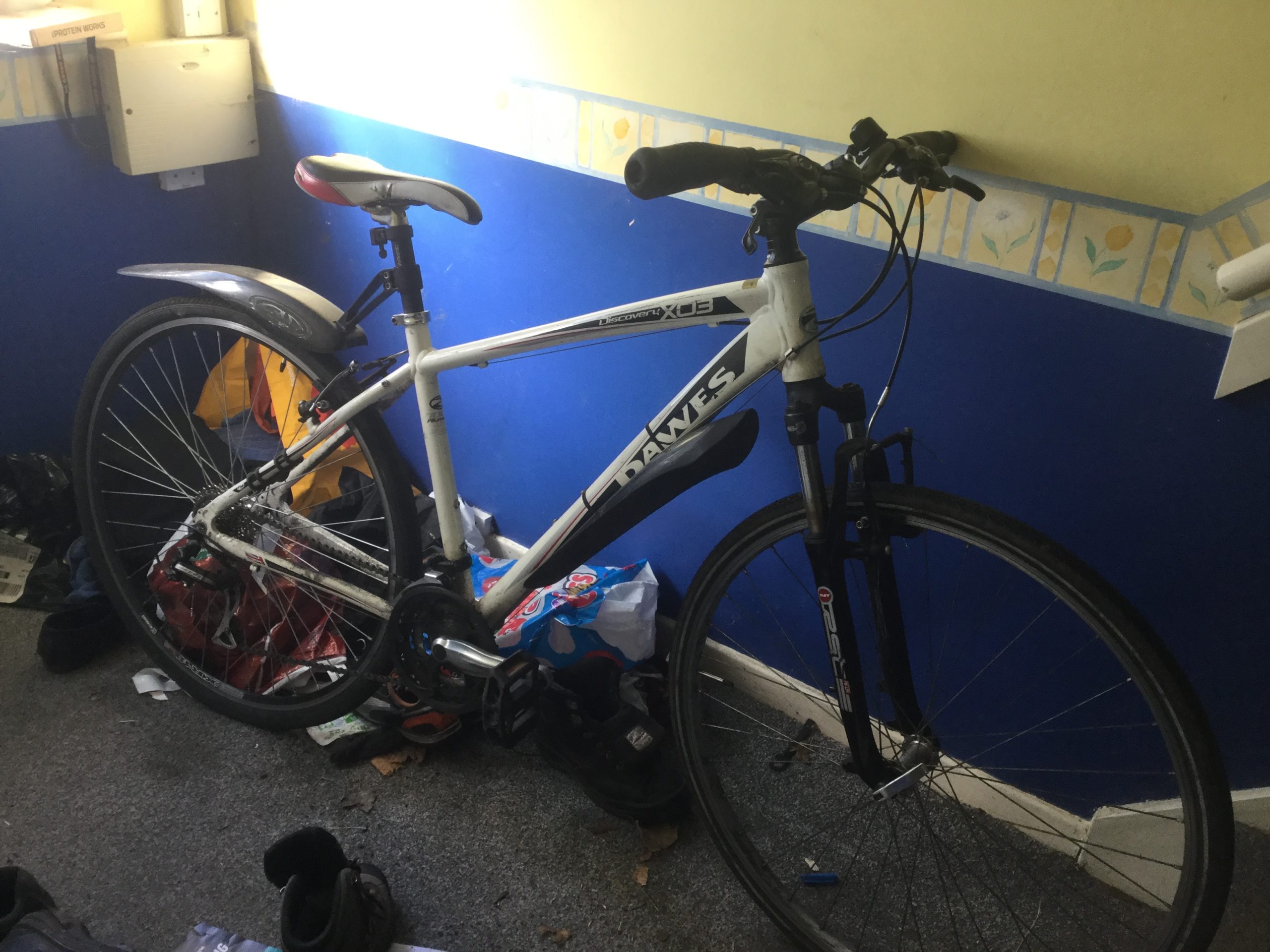
One Response